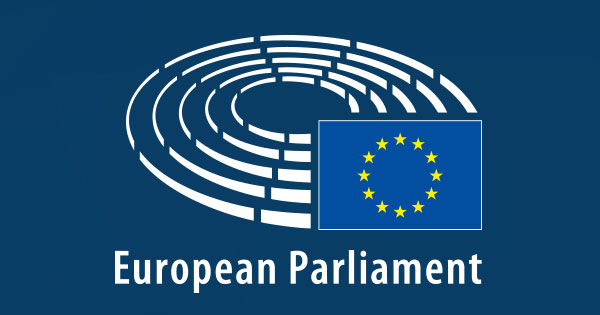The report was adopted on Tuesday with 48 votes in favour, 36 in opposition to and one abstention. It says that strengthening CO2 emission reduction necessities for heavy-duty autos (HDVs) and rolling-out the mandatory recharging and refuelling infrastructure will play a key position in decreasing the emissions of the whole HDVs fleet to realize the EU’s 2050 local weather neutrality objective.
Stricter general goal for 2035, zero-emission city buses by 2030
MEPs need sturdy CO2 emissions reduction targets for medium and heavy trucks, together with vocational autos (comparable to rubbish trucks, tippers or concrete mixers) and buses. These targets could be set at 45% for the interval 2030-2034, 70% for 2035-2039 (in comparison with 65% proposed by the Fee) and 90% as of 2040.
MEPs agreed that each one newly registered city buses ought to be zero-emission autos from 2030. They added the likelihood for member states to request a short lived exemption (till 2035) for city buses fuelled by biomethane, below strict situations linked to the presence of refuelling infrastructure and to the gas’s origin.
Different proposed measures embody:
- Establishing an annual “Zero-Emission HDVs Discussion board” to work on the efficient and cost-efficient roll-out of recharging and refuelling infrastructure;
- By finish of 2026, the Fee ought to assess the potential of growing a technique for reporting full lifecycle CO2 emissions for new HDVs.
Quote
Rapporteur Bas Eickhout (Greens/EFA, NL) mentioned: “The transition in direction of zero-emission trucks and buses will not be solely key to assembly our local weather targets, but in addition a vital driver for cleaner air in our cities. We’re offering readability for one of many main manufacturing industries in Europe and a transparent incentive to spend money on electrification and hydrogen. We’re constructing on the Fee’s proposal, however with extra ambition. We need to develop the scope of the principles to small and medium-sized lorries and vocational autos – sectors that are particularly essential for city air high quality – and we’re adapting a number of targets and benchmarks to meet up with actuality, because the transition is transferring quicker than anticipated.”
Subsequent steps
MEPs are scheduled to undertake the report throughout the November II 2023 plenary sitting and will represent Parliament’s negotiating place with EU governments on the ultimate form of the laws.
Background
On 14 February 2023, the Fee tabled a legislative proposal to set CO2 requirements for heavy-duty autos from 2030 onwards to assist attain the EU’s goal for local weather neutrality by 2050 and decrease the demand for imported fossil fuels. Heavy-duty autos, comparable to trucks, metropolis buses and long-distance buses, are accountable for greater than 25% of greenhouse fuel (GHG) emissions from street transport within the EU and account for over 6% of complete EU GHG emissions.
